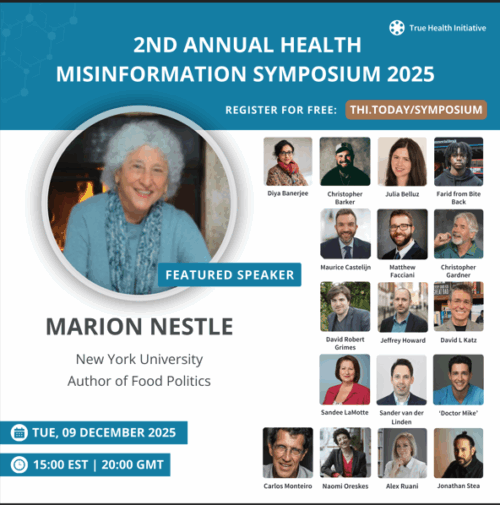
The industry’s view on food allergies
Food allergies pose labeling and other problems for food manufacturers. FoodQualityNews.com summarizes recent stories on what’s happening with food allergies, from the perspective of its European food industry clients.
Enzyme treatment may remove peanut allergens, suggests study: An enzymatic treatment process may effectively reduce allergens in roasted peanuts by up to 100 per cent, according to new research.
FoodNavigator conference to address food allergy challenges: Incidence of food allergies and intolerances is on the rise in Europe, and there are big gains to be made by companies who provide products that are safe and enjoyable for sufferers. Some challenges remain, however, such as appropriate labelling, and future threshold levels.
The balancing act of allergen labelling: The food industry has a responsibility to label allergenic ingredients as big and bold as they can – but also not to over-egg the slimmest of slim possibilities that a trace amount of an allergen may have slipped into a product.
Germany develops rapid detection systems for food allergensGerman researchers are aiming to develop rapid detection systems to identify allergenic substances in foodstuffs, according to a workshop on analytical methods for allergen detection staged in Berlin this week.
UK leads free-from launches in major European markets: Mintel data: People with food allergies and intolerances in the UK have the more new products to meet their dietary needs than consumers in other major European markets, indicates data from Mintel, but there has been a general increase in launches across the EU in the last six years.
Allergy prediction tool could revolutionise allergen labelling: As allergy diagnoses among children continue to rise, a new online calculator is said to provide fast, cheap and highly accurate predictions, with potential implications for better-targeted on-pack allergen labelling.
Allergies, as I have discussed in previous posts, are difficult to diagnose and it’s hard to avoid something you are allergic to if you can’t figure out what it is. Rates of food allergies seem to be increasing, for reasons not well understood. The leading hypothesis is cleaner environments, but research can’t confirm that cause. This is one area where the trite phrase, more research needed, really means something.

